
The Art of Shielding Criminality in Nigeria
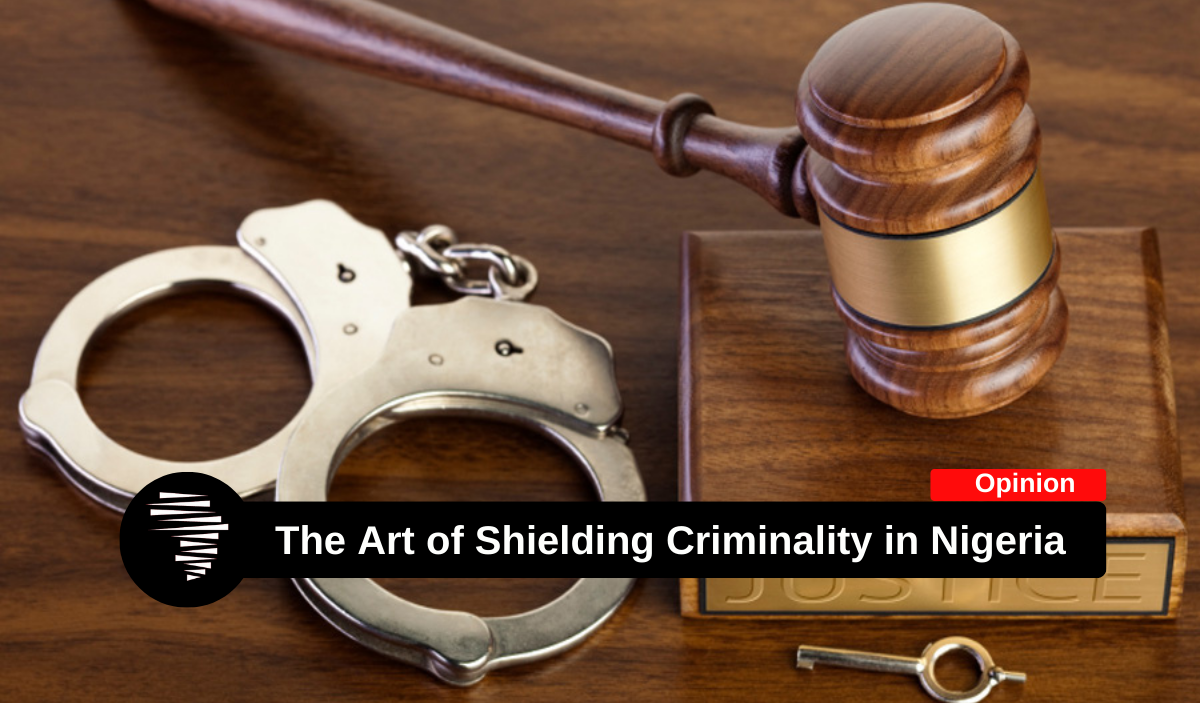
The Art of Shielding Criminality in Nigeria: The Federal Government of Nigeria is toeing the line between war and financial crimes, which is the art of shielding criminality in Nigeria.
Nigeria is known to house an increasing population of 230,842,743 (2023 est.) people and is one of the African countries endowed with a wide range of different solid and mineral resources. A country so blessed but has faced and still facing a daunting challenge over the past 50 years—leadership.
As to the challenge after Nigeria’s first commercial oil discovery in Oloibiri town of Bayelsa, which took place on January 15, 1956, comes the persistent problem of having an intermittent commitment to resolving its leadership problem. A problem that stems from greed and thirst for regional control as dominance over others. The political landscape in Nigeria has been marked by issues such as corruption, power struggles, and regional tensions, which have hindered the country’s progress.
Suffice it to say that many political leaders in Nigeria value personal interests over national interests. When unpatriotic leaders are given a taste of power to control both people and their shared resources, chances are that conflicts of interest will arise. This begs the question, at whose expense—we, the people?
The era of good leaders, however, is short-lived. The reason, obviously, can’t be far-fetched—evil persists where good men allow it to be, either by silence or inaction. That is shielding criminality.
Criminality in Nigeria today, either at the upper echelons of power where lobbyists and Islamists fully exist or at the grassroots level where poverty robs the people of the will to demand substantial change or any sign of hope.
Hope Renewed is a political statement. Don’t fall for it.
Change, however, is rooted in inevitability, which is why there is a yearning for change. This echoes from the consciousness of the common man with hopes to hopeless public institutions who now see Nigeria as a land of opportunity to snatch, grab, and run away with the citizens’ shared resources. The public is denied of by systemic design and nonchalantly made “Agbada” that many politicians wear at the sight of re-election.
The criminality level in Nigeria today is so obvious that when a US-sponsored European Union (EU) backed initiative, the Global Organized Crime Index (GOCI) reports, was released in 2023, it was indirectly declaring Nigeria a Criminal State. Considering its involvement in human trafficking, arms trafficking enabling terrorism, counterfeit goods on high-rise, and illicit drug smuggling, amongst others. Yet, everyone seems to careless what it means to be ranked 1st of 15 West African countries with a 7.8 out of 10 criminality score means to a sovereign state.
Corruption is prevalent in Nigeria, particularly in public
procurement, and there is collusion between state-embedded
actors and members of national and multinational corporate
entities. Despite attempts to address these challenges,
corruption remains pervasive at all levels of politics. In
addition, the police force in Nigeria is widely perceived as
corrupt, unhelpful, and untrustworthy. State-embedded
actors in the country can be classified into two major types:
those who collude with or sponsor individuals engaged in
corruption and similar crimes, particularly in procurement,
and those who protect criminals for economic or political
reward, these commonly being law enforcement and
judicial officials.—Excerpts from the GOCI report, 2023.
Nonetheless, oftentimes, there is a shift in Nigeria’s political landscape. However, most yearning for change comes from the nation’s youth, who couldn’t stomach the level of corruption that has kept the giant under for far too long and many times. Active citizenship is becoming a wake-up call, both in Nigeria and the Diaspora. The politicians who believe power belongs to them are scared at the sight of citizens united fronts who question every policy, every proposed bill or budget, implemented or not. It’s a marathon.
Solution(s) to Criminality Shielding in Nigeria
Under International Law, Nigeria accepts compulsory intervention of the International Court of Justice (ICJ) jurisdiction with reservations to the International Criminal Court (ICC). What this implies is the Federal government is willing to submit to the jurisdiction of these international bodies under certain conditions. Many of these conditions are of relatives, considering many Nigerian politicians would be found culpable of genocide and financial crimes against humanity if and when investigated thoroughly.
There is an ongoing genocidal war crime declared on Christianity in Nigeria. Rabbi Abraham Cooper, who chairs the United States Commission on International Religious Freedom (USCIRF), described what is going on in Nigeria with Fulani-Jihadists persecuting Christians in droves as “slow-motion genocide”. Where national judicial systems are generally expected to take the primary responsibility for prosecuting crimes, including those committed by political leaders, the option of ICC intervention is essential to effect change considering the Nigerian government jurisdiction is ineffective in putting an end to criminality in Nigeria.
Silence or inaction allows evil to prevail
Essentially, the ICC serves as a court of last resort, intervening when national judicial systems are unable or unwilling to genuinely prosecute the crimes under its jurisdiction. Moreover, the effectiveness of these mechanisms depends on the commitment of national and international actors to justice and accountability. This is where we, the people, come in. Mass resistance, along with proof of the culprit, was investigated and brought before the ICC for possible prosecution.
So, which would you prefer? To be free or incapacitated by those who are shielding criminality in Nigeria, even though many swore to “protect and serve” to get your electoral approval?
Read: The Nigeria Police Force has Detained Gistlover…or Not!
About The Author
Mayowa Durosinmi
author
M. Durosinmi is a West Africa Weekly investigative reporter covering Politics, Human Rights, Health, and Security in West Africa and the Sahel Region
Mayowa Durosinmi
M. Durosinmi is a West Africa Weekly investigative reporter covering Politics, Human Rights, Health, and Security in West Africa and the Sahel Region
Related Articles
Tinubu Deducts N100bn Monthly From Federation Account Without Approval El-Rufai Alleges Says Action Deserves Impeachment
Former Kaduna State Governor Nasir El-Rufai has launched a blistering attack on...
ByWest Africa WeeklyJanuary 26, 2026Trump’s Greenland Threat Forces Europe to Taste the Logic of Western Colonial Power
It rarely begins with soldiers. More often, it begins with a sentence,...
ByWest Africa WeeklyJanuary 21, 2026Tinubu Government Claims Intelligence Cooperation With the US, Yet New York Times Publishes Conflicting Story Following $9 Million US Lobbying Effort
When the New York Times published its investigation suggesting that claims from...
ByWest Africa WeeklyJanuary 19, 2026Mali’s Transition Leader Attends Swearing-In of Guinea’s President Mamadi Doumbouya
Mali’s President of the Transition, General Assimi Goïta, represented the country in...
ByWest Africa WeeklyJanuary 19, 2026






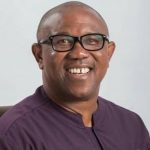

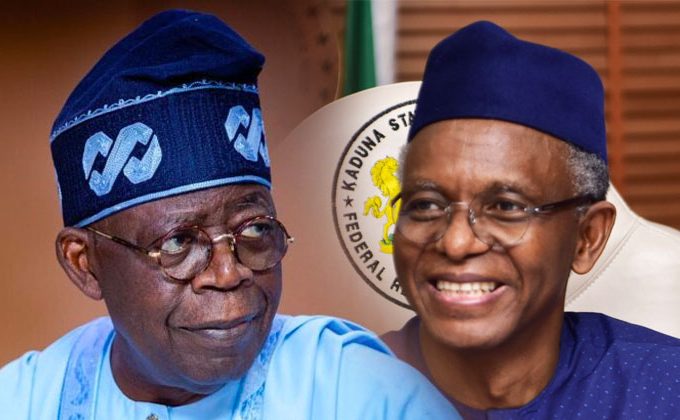
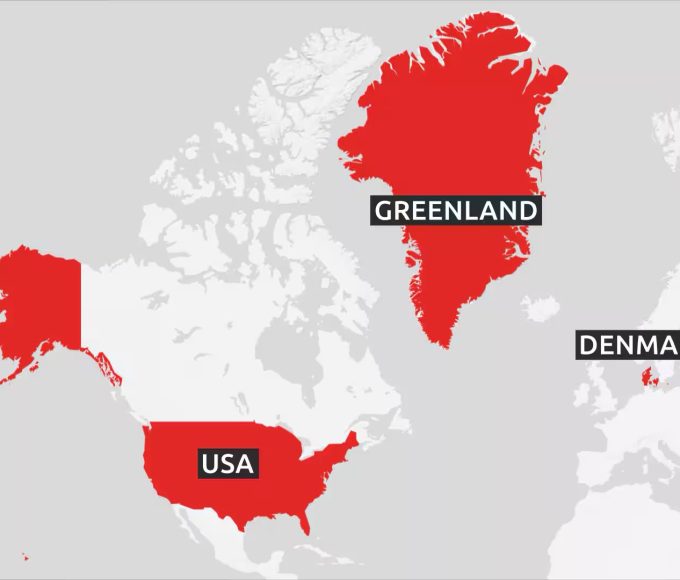
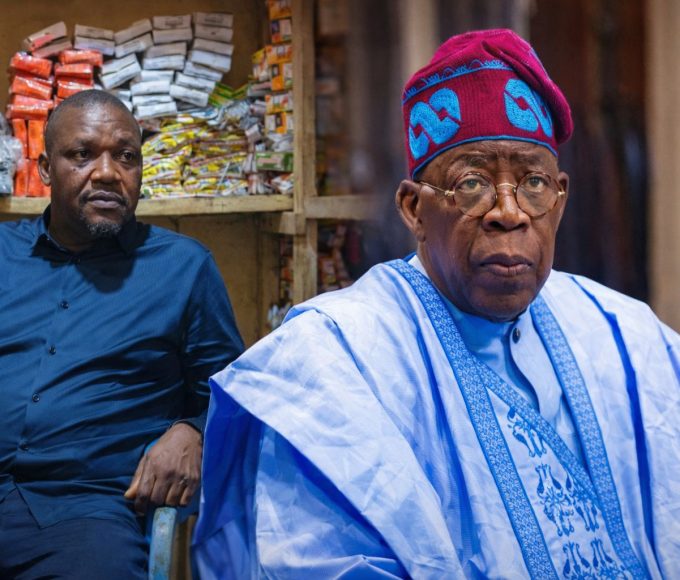

Leave a comment